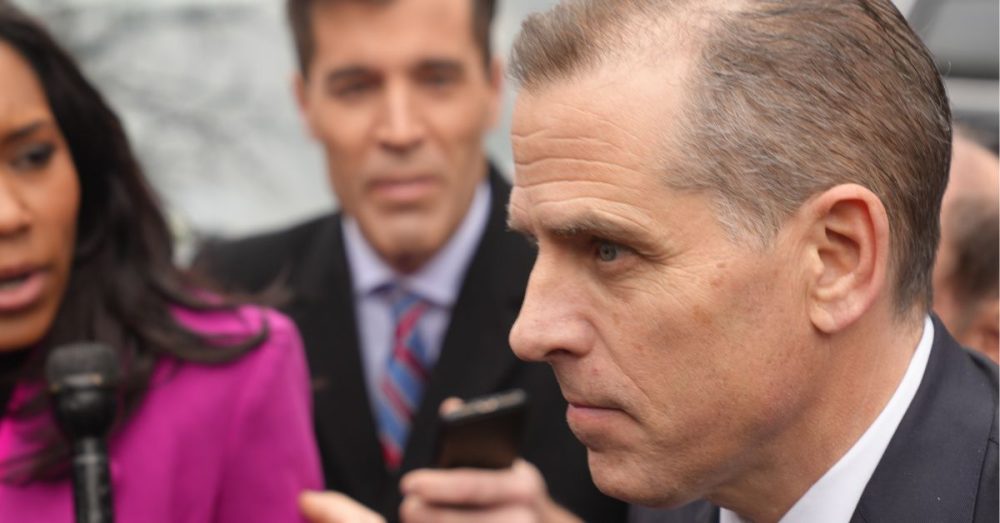A federal judge overseeing Hunter Biden’s tax case has publicly criticized President Joe Biden’s pardon of his son, calling it a flawed and overreaching use of presidential authority.
The pardon, which absolves Hunter of crimes committed between 2014 and 2024, has ignited a firestorm of controversy, with critics alleging it undermines the judicial process. Judge Scarsi, presiding over the case, dismissed the charges but not without a sharp rebuke of the pardon itself, reported Townhall.
Scarsi described the pardon as an attempt to “rewrite history,” accusing the President of misrepresenting the circumstances surrounding his son’s prosecution.
Scarsi also argued that portions of the pardon might breach constitutional limits, noting ambiguities in how it could apply retroactively to actions taken after it was signed. This critique has added fuel to an already heated debate over the boundaries of presidential pardon powers. The judge further dismissed claims that Hunter Biden was unfairly targeted due to his family ties, highlighting that the President’s own Department of Justice supervised the investigation.
“Two federal judges expressly rejected Mr. Biden’s arguments that the government prosecuted Mr. Biden because of his familial relation,” Scarsi noted. This statement directly challenges the narrative from Hunter’s defense team and the White House, painting the pardon as an unnecessary intervention.
Social media reaction to Judge Scarsi’s remarks has been swift, with commentators from across the political spectrum weighing in. Legal experts are divided on whether the pardon could withstand constitutional scrutiny, particularly regarding the timing and scope of its application. Critics, including Scarsi, have framed the pardon as a politically motivated maneuver to shield the President’s son from accountability.
Hunter Biden’s legal troubles have become a lightning rod for criticism of the Biden administration, with opponents accusing the President of using his office to protect family interests. This latest episode has intensified scrutiny of the White House’s handling of Hunter’s legal woes, further complicating the administration’s narrative ahead of a contentious election cycle.
President Biden, who has not publicly addressed Scarsi’s comments, maintains that the pardon was justified and within his constitutional authority.
Supporters of the President argue that pardons have historically been used for a range of controversial purposes, from Gerald Ford’s pardon of Richard Nixon to Donald Trump’s clemency for political allies. However, this particular instance raises questions about potential conflicts of interest.
As legal experts debate the broader implications of this case, the fallout from Hunter Biden’s pardon underscores the challenges of navigating the intersection of family, politics, and justice. Whether this controversy will have lasting political consequences remains to be seen, but Scarsi’s sharp critique ensures the issue will remain in the spotlight for the foreseeable future.


